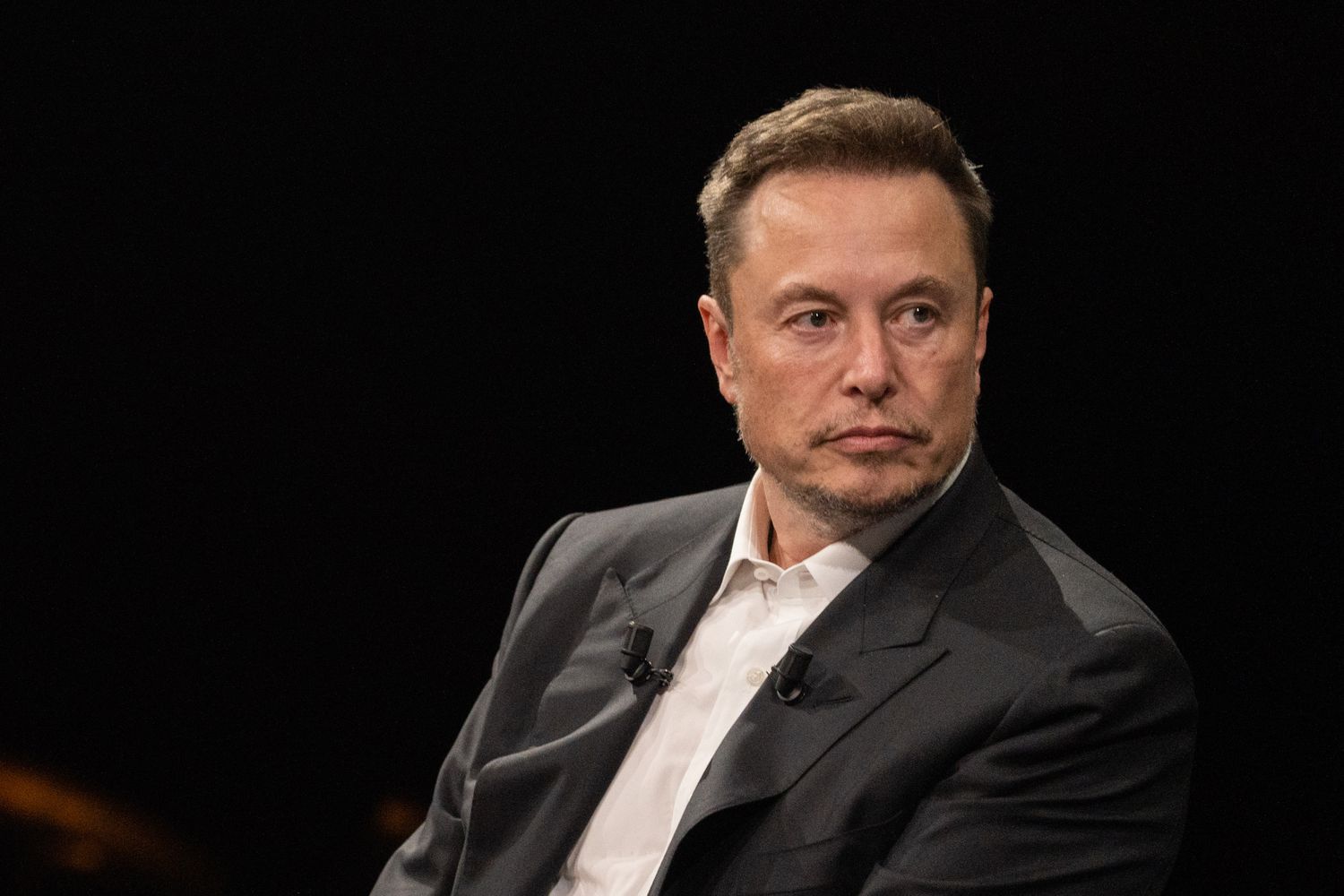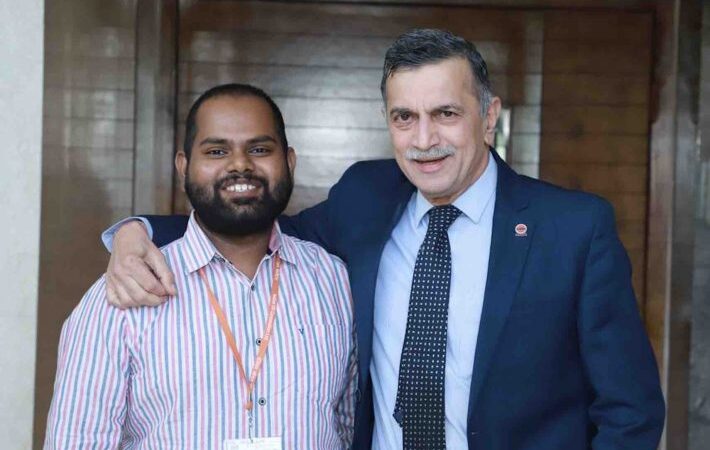How Europe’s Rocket Program Lost Big to Elon Musk: The Inside Story

The Rise of SpaceX
Elon Musk’s SpaceX has revolutionized the space industry with its innovative technologies and aggressive cost-cutting strategies. The company’s reusable rockets, particularly the Falcon 9, have drastically reduced launch costs, making SpaceX the go-to choice for many commercial and governmental clients.
Europe’s Struggles
Europe’s Ariane program, primarily run by Arianespace, has faced significant challenges in keeping up with SpaceX’s rapid advancements. Here are some key factors contributing to their struggles:
- Cost Inefficiencies:
- High Launch Costs: The Ariane 5 and its successor, Ariane 6, have been more expensive per launch compared to SpaceX’s Falcon 9. This cost disparity has made it difficult for Arianespace to compete in the commercial launch market.
- Subsidies and Bureaucracy: Heavy reliance on government subsidies and a cumbersome bureaucratic structure have slowed down innovation and cost reduction efforts within the European program.
- Technological Gaps:
- Reusable Rockets: While SpaceX has mastered the technology of reusable rockets, Arianespace has lagged behind. The inability to recover and reuse rocket stages has kept costs high and technological development slower.
- Innovation Pace: SpaceX’s rapid development cycle contrasts with the slower, more conservative approach of European agencies. This has allowed SpaceX to introduce new technologies and improvements at a much faster rate.
- Market Dynamics:
- Commercial Contracts: SpaceX has secured numerous commercial contracts due to its lower prices and reliable launch schedule, eroding Arianespace’s market share.
- Government Contracts: Even government contracts, traditionally a stronghold for Arianespace, have increasingly gone to SpaceX due to their competitive pricing and proven track record.
Internal Challenges
- Organizational Structure: The complex and fragmented organizational structure of the European space program has hindered swift decision-making and adaptation to market changes.
- Funding Issues: Inconsistent funding and political challenges within the European Union have affected long-term planning and investment in new technologies.
Strategic Responses
Europe is now attempting to revamp its rocket program by focusing on cost reduction, innovation, and partnerships. The Ariane 6, set to launch soon, aims to be more cost-competitive and adaptable to various mission requirements. Additionally, European agencies are exploring collaborations with private companies to accelerate technological advancements and streamline operations.
Conclusion
Europe’s rocket program has faced significant setbacks in the face of SpaceX’s disruptive innovations. However, with strategic changes and renewed focus on competitiveness, Europe aims to reclaim its position in the global space industry.





